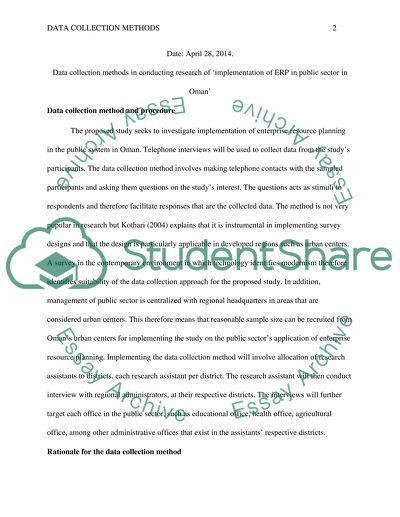Cite this document
(“Data collection methods in conducting research of 'Implementation of Essay”, n.d.)
Data collection methods in conducting research of 'Implementation of Essay. Retrieved from https://studentshare.org/information-technology/1642786-data-collection-methods-in-conducting-research-of-implementation-of-erp-in-public-sector-in-oman
Data collection methods in conducting research of 'Implementation of Essay. Retrieved from https://studentshare.org/information-technology/1642786-data-collection-methods-in-conducting-research-of-implementation-of-erp-in-public-sector-in-oman
(Data Collection Methods in Conducting Research of 'Implementation of Essay)
Data Collection Methods in Conducting Research of 'Implementation of Essay. https://studentshare.org/information-technology/1642786-data-collection-methods-in-conducting-research-of-implementation-of-erp-in-public-sector-in-oman.
Data Collection Methods in Conducting Research of 'Implementation of Essay. https://studentshare.org/information-technology/1642786-data-collection-methods-in-conducting-research-of-implementation-of-erp-in-public-sector-in-oman.
“Data Collection Methods in Conducting Research of 'Implementation of Essay”, n.d. https://studentshare.org/information-technology/1642786-data-collection-methods-in-conducting-research-of-implementation-of-erp-in-public-sector-in-oman.


